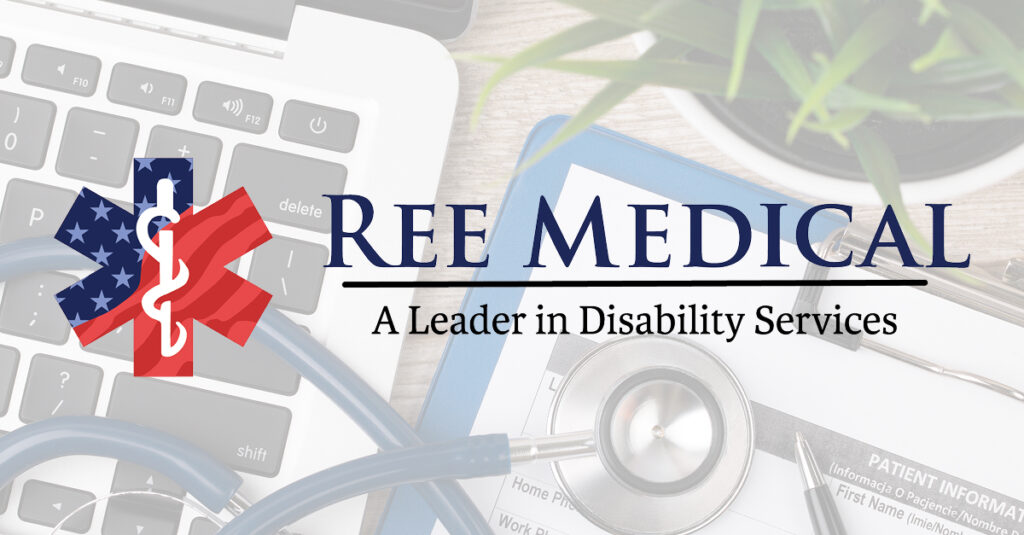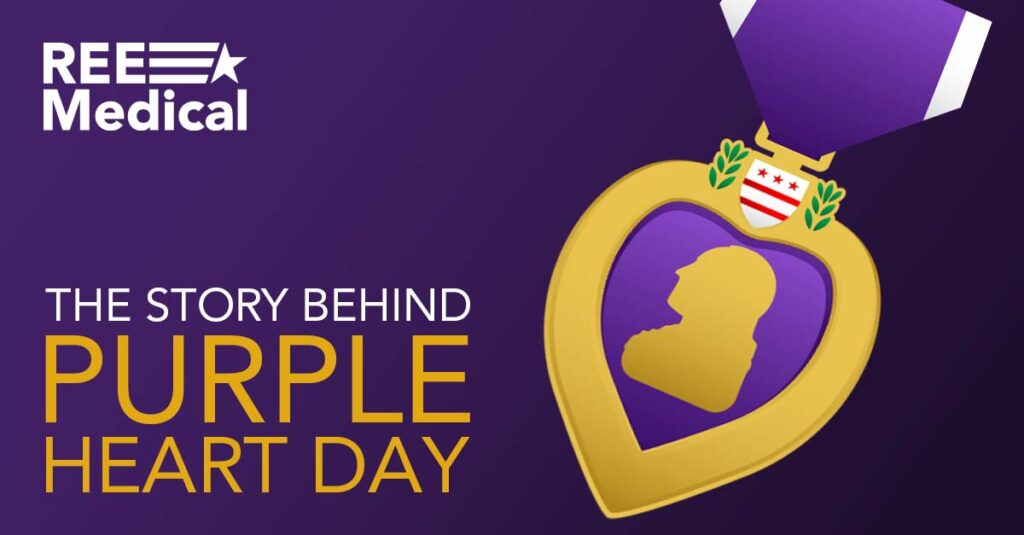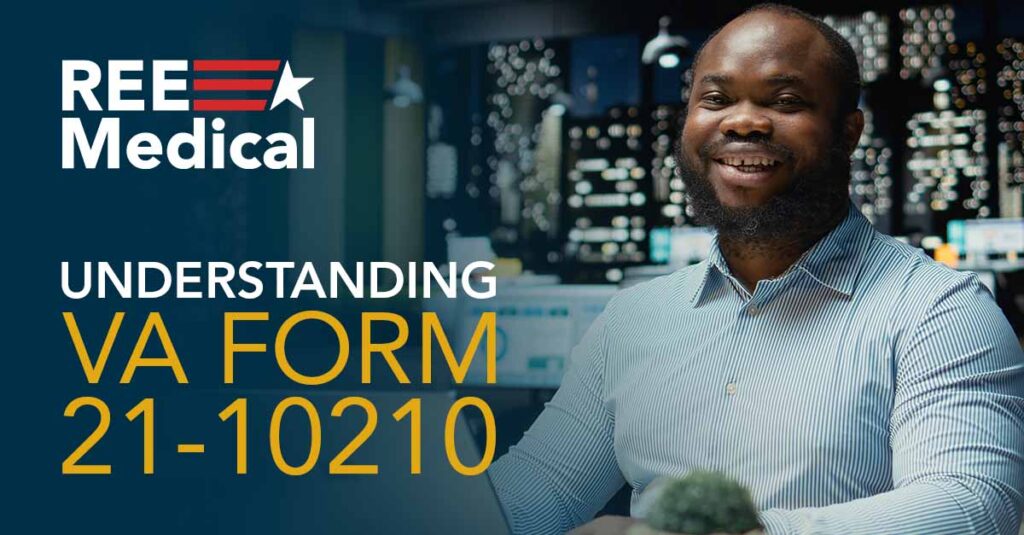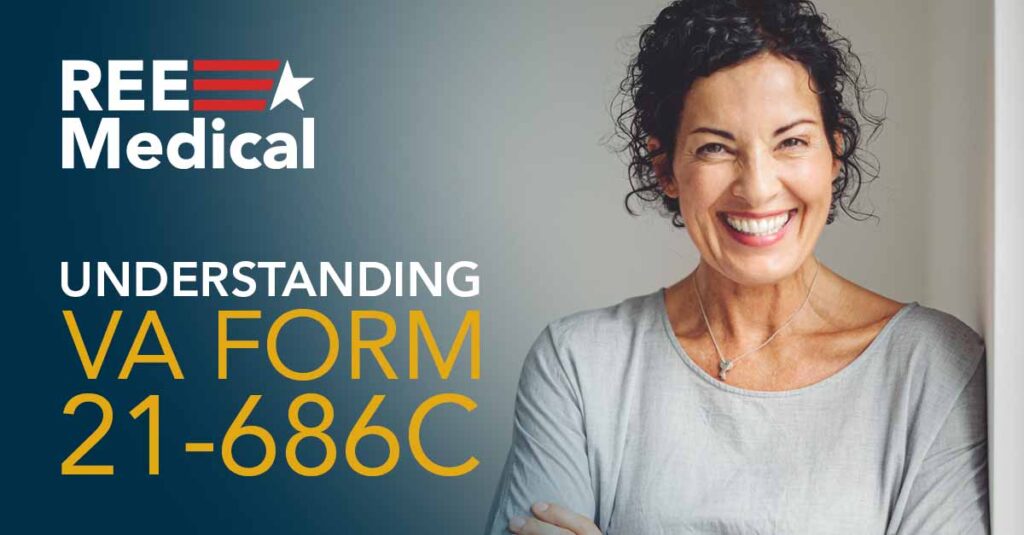One of the most critical factors determining the success of your VA disability claim is the quality and completeness of the evidence you submit. Many Veterans struggle with their claims not because they don’t have legitimate service-connected disabilities, but because they lack the proper documentation to prove their case to the VA. Understanding what evidence you need and how to obtain it can make the difference between a successful claim and a frustrating denial.
The VA disability claims process is fundamentally about proving three key elements: that you have a current disability, that you experienced an injury or illness during military service, and that there’s a connection between your military service and your current condition. Each of these elements requires specific types of evidence, and the strength of your evidence directly impacts your chances of approval and the rating you receive.
The Three Pillars of VA Disability Evidence
Current Medical Evidence: Proving Your Present Condition
The foundation of any disability claim is current medical evidence that clearly documents your existing condition and its severity. This isn’t just about having a diagnosis—the VA needs to understand how your condition affects your daily life, work capacity, and overall functioning.
Essential Current Medical Evidence Includes:
- Recent medical examinations and diagnoses from qualified healthcare providers
- Detailed symptom documentation that describes frequency, severity, and duration
- Functional capacity evaluations that show how your condition limits your abilities
- Treatment records demonstrating ongoing medical care and medication needs
- Laboratory results, imaging studies, and other diagnostic tests that support your diagnosis
The key is ensuring your current medical evidence paints a complete picture of your disability. Generic diagnoses without detailed symptom documentation often result in lower ratings or denials. Your medical records should clearly describe how your condition impacts specific aspects of your life, including work performance, social relationships, and daily activities.
Service Medical Records: Establishing the In-Service Connection
Your military medical records serve as crucial evidence linking your current condition to your military service. These records can include documentation of injuries, illnesses, treatments, or symptoms that occurred during your time in service.
Important Service Medical Records Include:
- Medical treatment records from military hospitals or clinics
- Sick call records and documentation of medical complaints
- Line of duty investigations or injury reports
- Physical examination records from enlistment, annual physicals, and separation
- Documentation of specific incidents or exposures that may have caused your condition
Many Veterans assume that if something isn’t documented in their service medical records, they can’t file a successful claim. While service medical records are important, they’re not always complete or available. The VA recognizes that not all military injuries or illnesses were properly documented, especially in combat situations or during certain time periods when record-keeping was less thorough.
Nexus Evidence: Connecting Service to Current Disability
Perhaps the most challenging aspect of disability claims is establishing the medical nexus—the connection between your military service and your current condition. This often requires expert medical opinions that explain how your service caused or aggravated your current disability.
Effective Nexus Evidence Includes:
- Medical opinions from qualified healthcare providers linking your condition to military service
- Statements explaining how specific military duties, injuries, or exposures caused your current condition
- Research or medical literature supporting the connection between your military experiences and your disability
- Buddy statements from fellow service members who witnessed relevant incidents or can attest to changes in your condition
Types of Evidence That Strengthen Your Claim
Comprehensive Medical Examinations
A thorough medical examination by a healthcare provider familiar with VA disability requirements can provide crucial evidence for your claim. These examinations should go beyond basic diagnosis to include detailed functional assessments and clear documentation of how your condition impacts your ability to work and function.
Effective Medical Examinations Should Include:
- Detailed symptom assessment with specific examples of limitations
- Functional capacity evaluation showing work-related restrictions
- Assessment of how your condition affects activities of daily living
- Documentation of flare-ups, bad days, and variations in symptom severity
- Clear medical opinion on the relationship between your symptoms and functional limitations
Personal Statements and Lay Evidence
Your own testimony about how your condition affects your life is valuable evidence that many Veterans overlook. Personal statements should be detailed, specific, and focus on concrete examples of how your disability impacts your daily activities, work performance, and quality of life.
Effective Personal Statements Include:
- Specific examples of how your condition affects work tasks
- Documentation of symptoms and their frequency
- Description of accommodations you’ve needed to make in daily life
- Impact on relationships, social activities, and hobbies
- Details about good days versus bad days and overall patterns
Buddy Statements and Third-Party Evidence
Statements from family members, friends, coworkers, or fellow Veterans who have observed your condition can provide powerful supporting evidence. These statements should focus on specific observations about changes in your behavior, capabilities, or functioning.
Strong Buddy Statements Should:
- Describe specific observed changes before and after military service
- Provide concrete examples of limitations or difficulties
- Come from people who have regular contact with you over extended periods
- Focus on factual observations rather than opinions or diagnoses
- Include the observer’s relationship to you and basis for their knowledge
Employment Records and Vocational Evidence
Documentation of how your condition affects your ability to work can be crucial, especially for higher disability ratings. This evidence demonstrates the real-world impact of your condition on your earning capacity and career prospects.
Relevant Employment Evidence Includes:
- Performance evaluations showing decline after military service
- Documentation of workplace accommodations needed due to your condition
- Records of missed work time related to your disability
- Letters from supervisors or HR departments describing work limitations
- Documentation of job changes or career limitations due to your condition
Medical Evidence Quality: What the VA Looks For
Not all medical evidence is created equal in the eyes of the VA. Understanding what makes medical evidence compelling can help you obtain the right documentation for your claim.
Specificity Over Generalities
Vague statements like “patient complains of pain” carry much less weight than specific documentation such as “patient reports constant lower back pain rated 7/10 that increases to 9/10 with bending or lifting, occurring daily and limiting ability to sit for more than 30 minutes or lift more than 10 pounds.”
Consistency Across Records
The VA looks for consistency in your reported symptoms across different medical providers and over time. Inconsistencies can raise questions about the validity of your claim, so it’s important that your symptom descriptions remain consistent while still accurately reflecting any changes in your condition.
Objective Findings When Available
While many conditions rely primarily on subjective symptoms, any available objective medical findings strengthen your claim. This can include abnormal test results, physical examination findings, or documented responses to treatment.
Common Evidence Mistakes to Avoid
Insufficient Medical Documentation
Many Veterans submit claims with minimal medical evidence, assuming that a simple diagnosis is enough. The VA needs detailed documentation of symptoms, functional limitations, and how your condition affects your daily life and work capacity.
Gaps in Treatment Records
Long gaps in medical treatment can weaken your claim, as the VA may question the severity or continuity of your condition. If financial constraints or other factors prevented you from seeking treatment, document these reasons in your claim.
Failing to Address All Aspects of Your Condition
Many conditions have multiple symptoms or manifestations that should all be documented. For example, PTSD might include sleep disturbances, anxiety, depression, and social isolation—all of which should be thoroughly documented.
Inadequate Nexus Evidence
Simply stating that your condition is related to military service isn’t enough. You need medical evidence that explains the connection and supports the relationship between your service and your current disability.
The Role of Disability Benefits Questionnaires (DBQs)
Disability Benefits Questionnaires are standardized forms that help ensure medical evidence addresses the specific criteria the VA uses for rating different conditions. These forms guide healthcare providers in documenting the information most relevant to disability determinations.
DBQs Help Ensure:
- All relevant symptoms and limitations are documented
- Functional assessments address VA rating criteria
- Medical opinions clearly address the nexus between service and current condition
- Evidence is presented in a format familiar to VA raters
Building Your Evidence Strategy
Successful disability claims require a strategic approach to evidence gathering. This means understanding what evidence you need, identifying gaps in your current documentation, and working systematically to build a comprehensive case.
Start with a Thorough Self-Assessment
Document all your symptoms, limitations, and how your condition affects different aspects of your life. This self-assessment can guide your medical appointments and help ensure all relevant issues are addressed.
Work with Knowledgeable Healthcare Providers
Not all healthcare providers understand VA disability requirements. Working with providers familiar with the VA system can help ensure your medical evidence addresses the specific criteria used for disability ratings.
Organize Your Evidence Systematically
Present your evidence in a clear, organized manner that makes it easy for VA raters to understand your case. This includes chronological organization of medical records and clear explanations of how different pieces of evidence support your claim.
Getting Professional Help with Evidence Development
Given the complexity of VA disability evidence requirements and the high stakes involved, many Veterans benefit from professional assistance in developing their claims. This is particularly important when initial claims have been denied or when current ratings don’t seem to reflect the true severity of conditions.
Professional assistance can help ensure that medical evidence meets VA standards, addresses all relevant criteria, and presents your case in the strongest possible light. This can make the difference between a successful claim and years of appeals and frustration.
Ready to build the strongest possible evidence for your disability claim? REE Medical specializes in helping Veterans obtain comprehensive medical documentation that meets VA standards and accurately reflects their conditions’ severity. Our nationwide network of experienced providers understands exactly what evidence the VA needs and how to document your disabilities effectively. With over 95,000 Veterans served, we know how to transform complex medical conditions into clear, compelling evidence that supports successful disability claims. Contact us today for a free consultation and learn how we can help you build the medical evidence you need to get the benefits you deserve.





